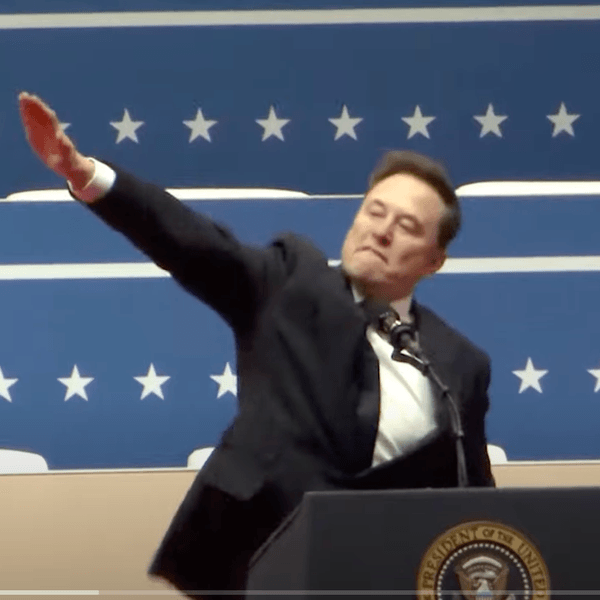
Reprinted with permission from Alternet.
By proposing hefty tariffs on Mexico in response to the waves of immigrants showing up at the southern U.S. border, President Donald Trump may have provoked a serious and forceful response from his Republican allies.
According to a new report in the Washington Post, Republican senators warned the president during a private lunch on Tuesday against imposing the tariffs, which are taxes on imports that would hurt American consumers. The GOP caucus is largely opposed to tariffs, and party leaders openly told the president that they may join with the Democrats to override Trump’s decision, if necessary.
If 20 or more Republican senators join with all 47 Democrats, they would have the two-thirds vote necessary in that chamber to block the president’s actions. With Democrats in control of the House, they may have an easier time rounding up the necessary votes there. If that were to happen, it would be a massive rebuke of the president and a brutal embarrassment.
In March, 12 Republicans joined with Democrats earlier to vote against Trump’s plan to use an emergency declaration to siphon government funds toward his border wall, but there weren’t enough votes to stop it. This time, though, things may be different.
“I think the administration ought to be concerned about another vote of disapproval on another national emergency act, this time trying to implement tariffs. Tariffs are not real popular in the Republican conference,” Sen. Ron Johnson (R-WI) told the Post. “This is a different vote.”
“There is not much support in my conference for tariffs, that’s for sure,” Senate Majority Leader Mitch McConnell (R-KY) said.
What does this mean for Trump? He still has time to back down from the tariff proposal. If he fears either the backlash in his party or the potential economic effects of the tariffs, he could extract some vague promises from Mexican President Andrés Manuel López Obrador, declare victory, and abandon the plan entirely.
But sometimes, challenging Trump causes him to dig in his heels. He may stick to the tariff plan, hoping he can stare down the Republican caucus.
Will Republicans blink? They may yet — any observer of politics in the last few years should be well aware of the party’s willingness to capitulate in scenarios it once thought were unthinkable. But a decent number of Republicans actually did vote against Trump during the first national emergency fight, so it’s conceivable that even more would stand up to the president now. This is especially true because the issue involves a tax, which Republicans do genuinely feel strongly about.
And while calls for impeachment in the House of Representatives are growing, it is a particularly inopportune time for Trump to be uniting two-thirds of the Senate against him for any reason. The idea that the Republicans would join in an effort to remove Trump from office still seems remote, but it’s nevertheless unwise for the president to give his allies any more incentive to turn their backs on him.
IMAGE: Senate Majority Leader Mitch McConnell.








